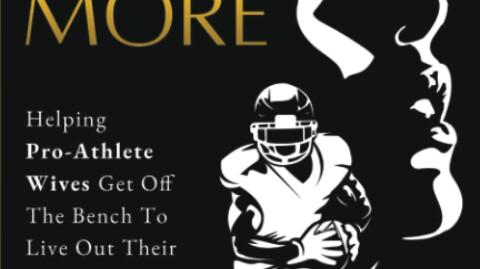“We often make the role of music in the church synonymous with worship,” said Bobby Coverston. Yet nowhere in the Bible does it connect the word ‘worship’ with music. Instead worship has everything to do with the heart, with sacrifice and with bowing down. And the word ‘praise’ is often connected with music.
“As worship begins in holy expectancy, it ends in holy obedience. Holy obedience saves worship from being an opiate, an escape from the pressing needs of modern life.” This quote by Richard Foster tells us to come with our hearts open and warns that we can’t use worship as an escape.
At a Maranatha worship leaders conference years ago, Bobby heard a definition that stuck with him: “Worship is an outward posture that reflects and inward attitude and an outward attitude that reflects an inward posture.”
Bobby went through a quick history of worship, beginning with Genesis 4, where Cain and Abel offered worship without prior instruction. In the time of Moses, more instruction was given. In essence, it was about focusing on God in their hearts; remembering who God was and that He deserves the best.
In later times David introduced music. He was an accomplished musician and wrote many of the psalms. In fact, the word ‘psalm’ means to pluck a string.
Synagogue worship went on for years until people eventually lost the meaning behind why they were doing it. They treated it as an obligation or ritual, and often lost the focus on God and bringing their best.
Many years later, Nehemiah, standing on a high platform, read from the Book of the Law, which served to remind the people what worship was intended to be about. The people took the message to heart, shouted ‘Amen’ and bowed down in worship.
In the New Testament, after Jesus had come to earth, the book of Acts recorded the spread of the church, and the people felt a new invigoration of who God was.
Then in Romans 12:1-2 Paul stated, “Therefore, I urge you, brothers and sisters, in view of God’s mercy, to offer your bodies as a living sacrifice, holy and pleasing to God—this is your true and proper worship. Do not conform to the pattern of this world, but be transformed by the renewing of your mind. Then you will be able to test and approve what God’s will is—His good, pleasing and perfect will.”
Bobby landed on the phrase, “in view of God’s mercy,” reminding us that is why we worship. He suggested we could finish the sentence from wherever we are in life today, such as:
- In view of God’s mercy, in the middle of my financial struggles, I will worship you, God.
- In view of God’s mercy, in the middle of my destructive behaviors, I will worship you, God.
- In view of God’s mercy, in the middle of my loved one’s cancer, I will worship you, God.
“What comes into our minds when we think about God is the most important thing about us.” This is a quote from A. W. Tozer in The Knowledge of the Holy.
If we are to love the Lord with all our hearts, souls, mind and strength, what does that mean? It’s not just in our heads and in our innermost being – it is to involve all of us (offer your bodies as a living sacrifice) and is to show outwardly.
What is Worship is a good article by Michael Morrison that Bobby read at Troy’s recommendation. As we ponder what it looks like to get worship ‘right,’ we should look to Jesus as the one who is doing it right. He is the perfect solution to imperfect people. Apart from Him we can do nothing, but with Him it is right because He is the perfect sacrifice. We can look to Him as our example. He is worthy of all our worship.
His thoughts and His ways are so far above our own thoughts and our ways. But we can trust Him, and even when it hurts, we can still worship and praise God.



